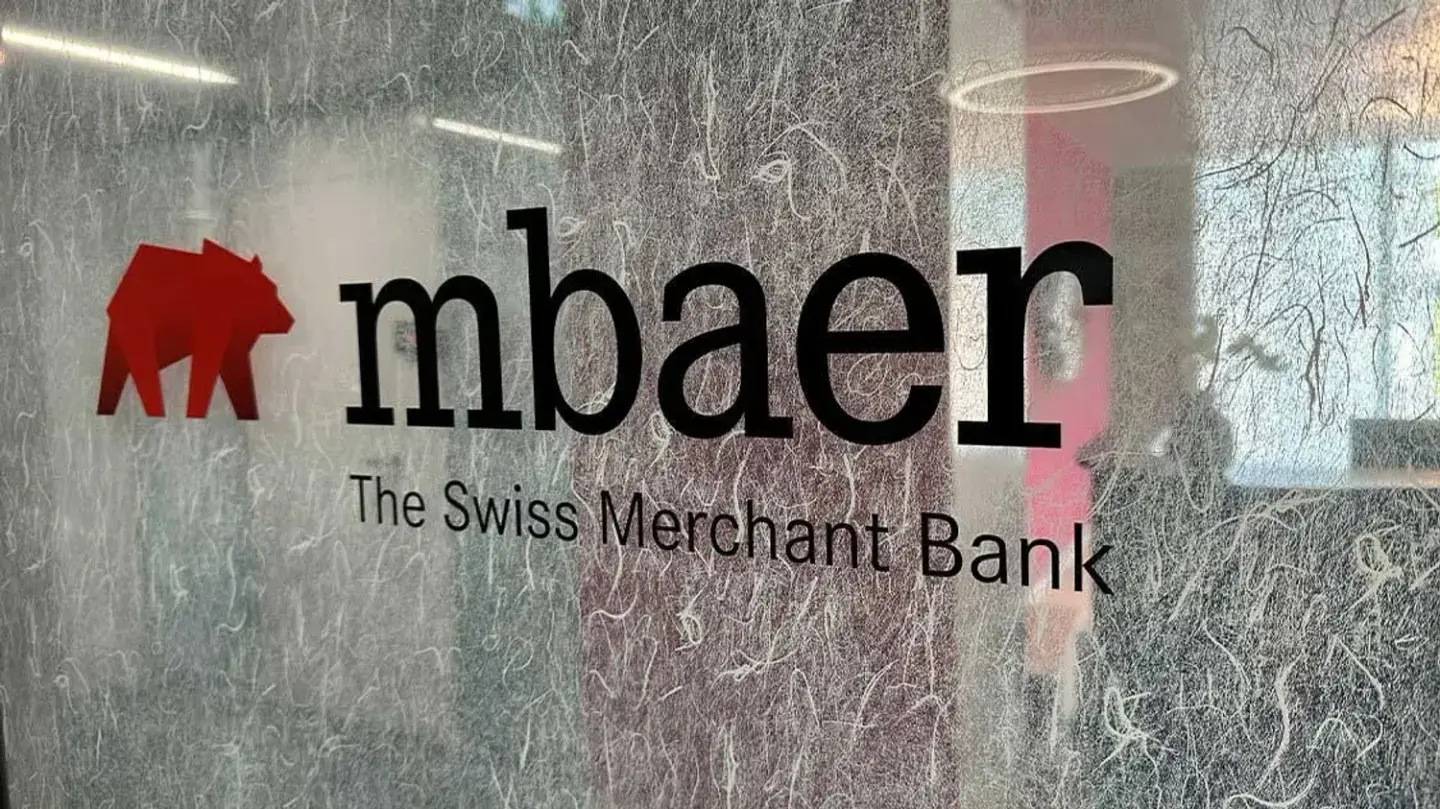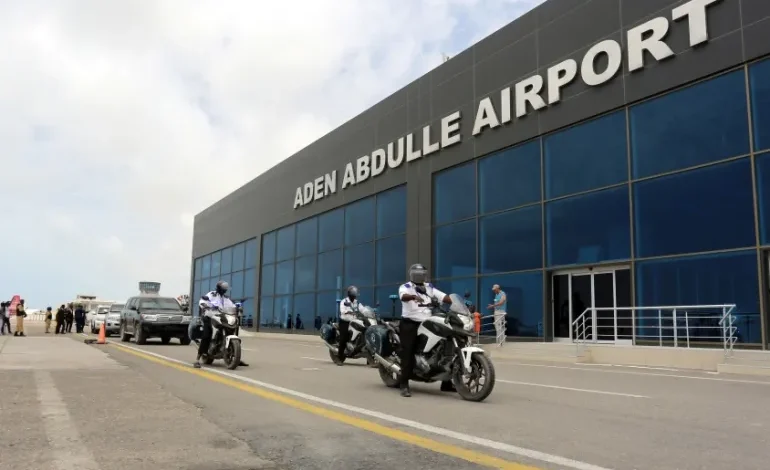Somalia’s push to modernise its borders has hit a wall, or rather, a leak. After days of rumours and diplomatic warnings, the country’s Immigration and Citizenship Agency has finally admitted that hackers breached its electronic visa platform, exposing sensitive personal data from tens of thousands of travellers.
The confirmation lands after the US and UK sounded alarms earlier in the week, warning citizens that applying for Somali e-visas could put their personal information at risk. It also comes at the worst possible moment for a government that has been selling digitisation as the backbone of national security.
And then came the breach.
According to a statement from the US Embassy, the hack may have compromised data belonging to at least 35,000 people, among them thousands of Americans. UK officials were even more blunt, describing the breach as “ongoing” and advising travellers to “consider the risks” before using the system at all.
Yet Mogadishu’s public messaging lagged far behind.
Somalia’s Defence Minister Ahmed Moalim Fiqi had been celebrating the e-visa platform just days earlier, framing it as a successful barrier against ISIL (ISIS) infiltration. But when personal data began appearing on X, circulated by anonymous accounts, the government shifted from praise to damage control.
The immigration agency now says the breach is under investigation, promising to determine “the extent of the attempted breach, its origin, and any potential impact.” There is still no clear number of affected travellers. There is also no timeline for answers.
What Somalia did do was move the visa system to a completely different website. No explanation offered.
For some observers, the silence is the real problem.
“Somalia isn’t high-tech, and hacking, in itself, is neither here nor there. But they should have been upfront with the public,” said Mohamed Ibrahim, former telecommunications minister and a long-time tech expert. He called the government’s secrecy “troubling,” and pointed out that no one has explained the sudden URL change.
Others in government appear more focused on reputation than accountability.
The immigration agency’s director-general, Mustafa Sheikh Ali Duhulow, suggested the entire controversy was driven by “coordinated misinformation campaigns” intended to undermine the state. He did not directly address the hack.
And then Somaliland entered the chat.
Officials in the breakaway region, already locked in a bitter dispute with Mogadishu over airspace and sovereignty, blasted the central government’s handling of the breach. An adviser to Somaliland’s president called Mogadishu “institutionally irresponsible” for keeping the compromised platform online.
The timing is awkward. Just a day before the leak became public, Somaliland declared that visas issued by Somalia carry “no legal validity” on its territory. Now, with a data breach and a scrambled website, Mogadishu’s claims of centralised border control look even shakier.
In the end, the hack doesn’t just expose data. It exposes a structural truth: Somalia is racing to build digital governance on top of a political landscape where authority is fragmented, institutions are fragile, and transparency is still optional.










The latest news in your social feeds
Subscribe to our social media platforms to stay tuned